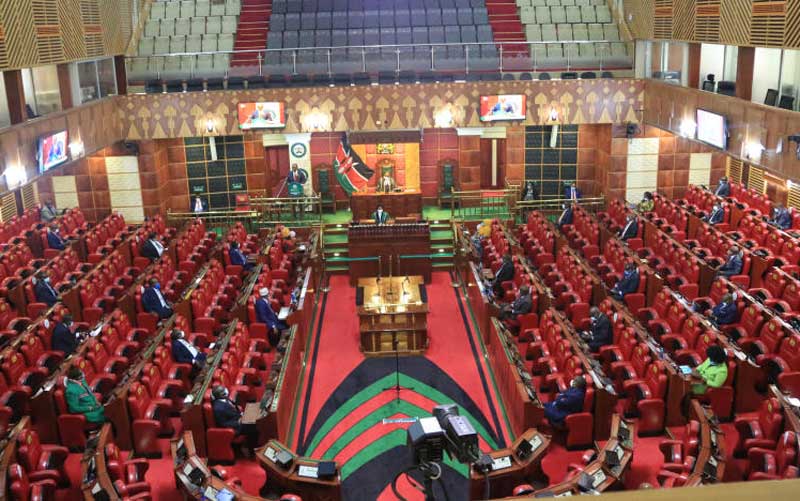×
The Standard e-Paper
Kenya’s Boldest Voice

Prerogative: Uhuru could assent to Bill as is or return it to Parliament with amendments
The fate of the Finance Bill, 2020 now lies with President Uhuru Kenyatta after Parliament on Tuesday passed a raft of new taxation measures set to kick in on July 1.